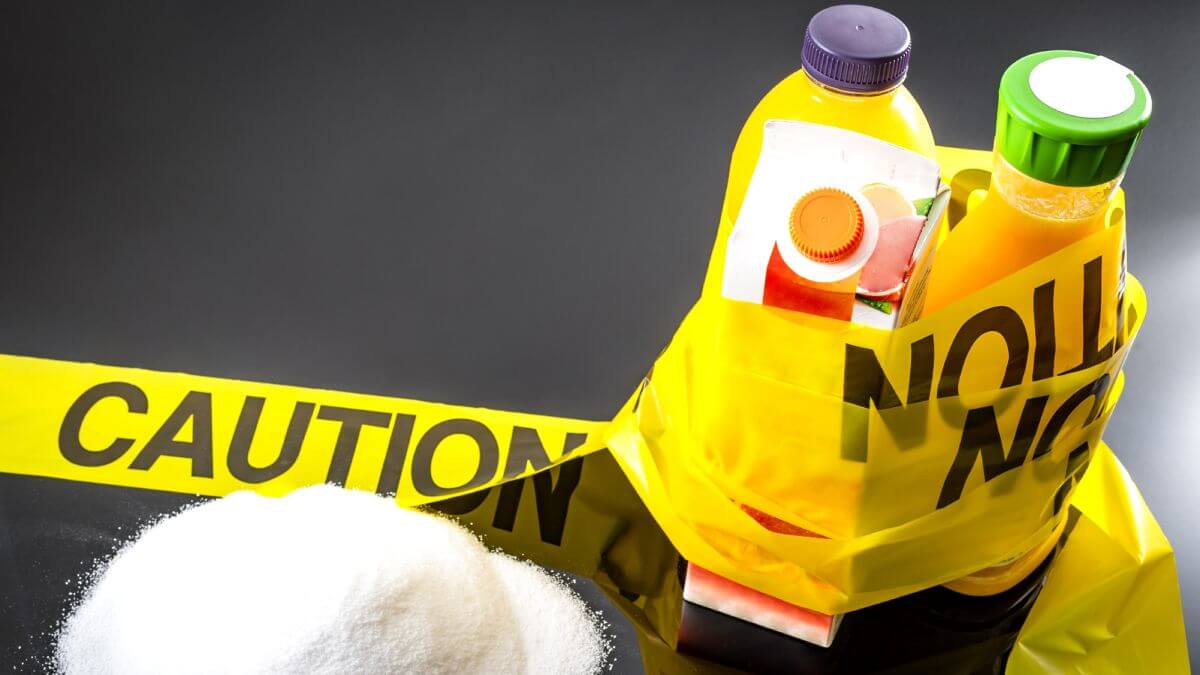Too often we rely on well-known sayings to guide our health instead of cold, hard facts.
I think we all grew up with the ‘no swimming for an hour after eating’ rule that seems ridiculous now.
But what are some other health ‘rules’ that need to be debunked?
Detox diet
Detox diets are popular, especially with people who sell detox products such as supplements and drinks. Go figure.
However, there is little evidence that drinking purple juices for a week does anything for you other than put you off purple juices.
A better way to detox is to start with what you put into your body. Avoid processed foods, drink more water and eat more wholefoods such as fruit and vegetables.
Which brings us to …
Eight glasses of water a day
Rules are made to be broken and so is this one.
Eight glasses of water is a lot of water and discounts the water you ingest through food and other drinks. It’s estimated that about 20 per cent of your water intake comes from food.
There are no set rules. People who live in warmer climates or exercise a lot are going to need to drink more fluids than people who live in temperate environments or just go about their day as normal.
Just drink when you are thirsty or if you think your urine is too dark.
Don’t stress that you aren’t hitting that magic eight-cup number, it’s not worth it.
Some foods burn fat
It’s another popular health myth that some foods use more energy to digest than they add to your body or increase metabolism. Celery is one that pops up time and time again.
Any weight loss that occurs by concentrating on a single food item is due to calorie restriction, not the food itself.
Stop using salt
Salt is considered a serious bogeyman when it comes to diet and of course too much is bad for you, but eliminating it from your diet is silly.
My wise old GP once told me at the start of every summer he gets people with dizziness and fainting spells because they have decided to go on a low-sodium diet.
According to Better Health, low sodium can lead to muscle cramps, nausea, vomiting and dizziness. In extreme cases it can end in shock, coma and death.
We probably all need to cut down on salt, but don’t eliminate it entirely.
Being cold gives you a cold
There is a subset of this that having wet hair outside will also give you a cold.
Neither of these things is true.
The most likely hypothesis as to why we get more colds in winter is because we are indoors more often and enclosed spaces increase the risk of infection.
Colds and viruses also tend to live longer at lower temperatures and humidity.
Fat free is better
Fat free can sometimes be better, but often with processed foods the manufacturers will simply add more sugar and salt to make sure it tastes good.
Read the labels carefully and check the salt and sugar levels before you trip off to the checkout.
Under Australian labelling laws, the largest ingredient comes at the top of the list on the back, the second comes second and so on. If salt and sugar – sometimes hidden under the description sodium and energy – are high up the list, put the item back.
Use honey or coconut sugar instead of sugar
Look, honey does have some antioxidant and antibacterial agents and is definitely the healthiest sweetener, but that doesn’t give you a free ticket to eat as much as you can.
It’s still loaded with sugar, as are all those other alternative sugars.
Like everything, enjoy sugar in moderation.
And as for that ‘no swimming after eating rule’, well apparently it gave you cramps, which meant you may stop swimming and start to drown.
Rubbish, if you are getting cramps, you need more magnesium, not less lunch.
Swim straight after that snack if you so desire.
What’s your most irritating health ‘advice’? Why not share it in the comments section below?
Also read: Can we have a better later life?
Disclaimer: This article contains general information about health issues and is not advice. For health advice, consult your medical practitioner.

